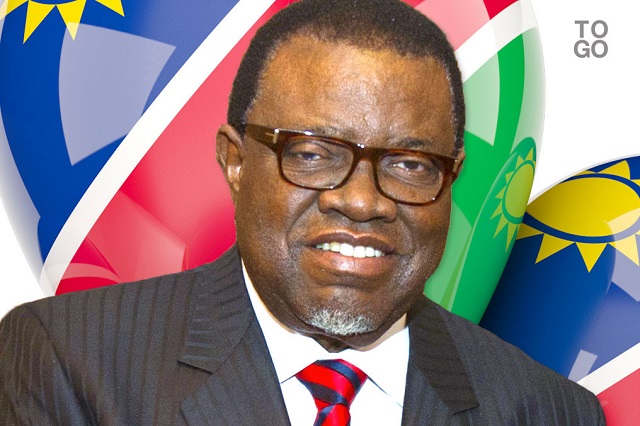Horticulture sector set for revival

Nqobile Tshili, Business Correspondent
ZIMBABWE’S horticulture industry is set to be revived under the Government’s 100-Day plan targeting to make it one of the country’s top foreign currency earners.
In an interview, Lands, Agriculture and Rural Resettlement Deputy Minister Mr Davies Marapira said his ministry has already met with players in the horticulture sector to understand their concerns.
“Within the 100 day period we are working on resuscitating horticulture. We want it to be the country’s biggest earner of foreign currency far above tobacco and minerals.
“We are busy looking at fruits like mangoes, oranges and lemon for export,” he said.
In the Eastern Highlands, Mr Marapira said the country was endowed with horticulture produce such as apples, pears, avocados.
“We are encouraging development in those areas. We are also targeting low hanging fruits which we have to get soon.
“We are looking at production of rasberries, blueberries for export,” he said.
At its peak in 1999, the horticulture sector was the country’s second largest foreign currency earner amassing annual revenue of $142 million.
However, at the turn of the millennium, the horticulture sector started shrinking with the country realising earnings as little as $40 million annually.
Mr Marapira said as the horticulture industry gets revived, the Government was targeting European and Asian markets.
“We are particularly looking at the Asian market. But as for pears, avocado and the like they have been going to Netherlands but earmarked for countries such as United Kingdom.
“And for the big citrus that we are developing, we are looking at countries like South Africa, Middle East and Asia especially China with 1.3 billion people,” said Mr Marapira.
He expressed optimism that normalising relations with the international world would contribute to opening up trade lines.
Mr Marapira also said the Government was earmarking exporting its beef to the United Kingdom through the European Union (EU).
“The United Kingdom was one of the biggest consumers of our beef. Through resuscitation and revitalisation of the Cold Storage Company, we will be looking at our export exposure so that we start exporting.
“We lost our European Union quota on beef. So we want to regain EU quota. It might be a challenge, but this is one of the things we would be hoping for,” he said.
Since President Emmerson Mnangagwa came to power Britain, EU among other global players have pledged to normalise relations with Zimbabwe which could open credit lines and the much-needed foreign direct investment. – @nqotshili.











Comments